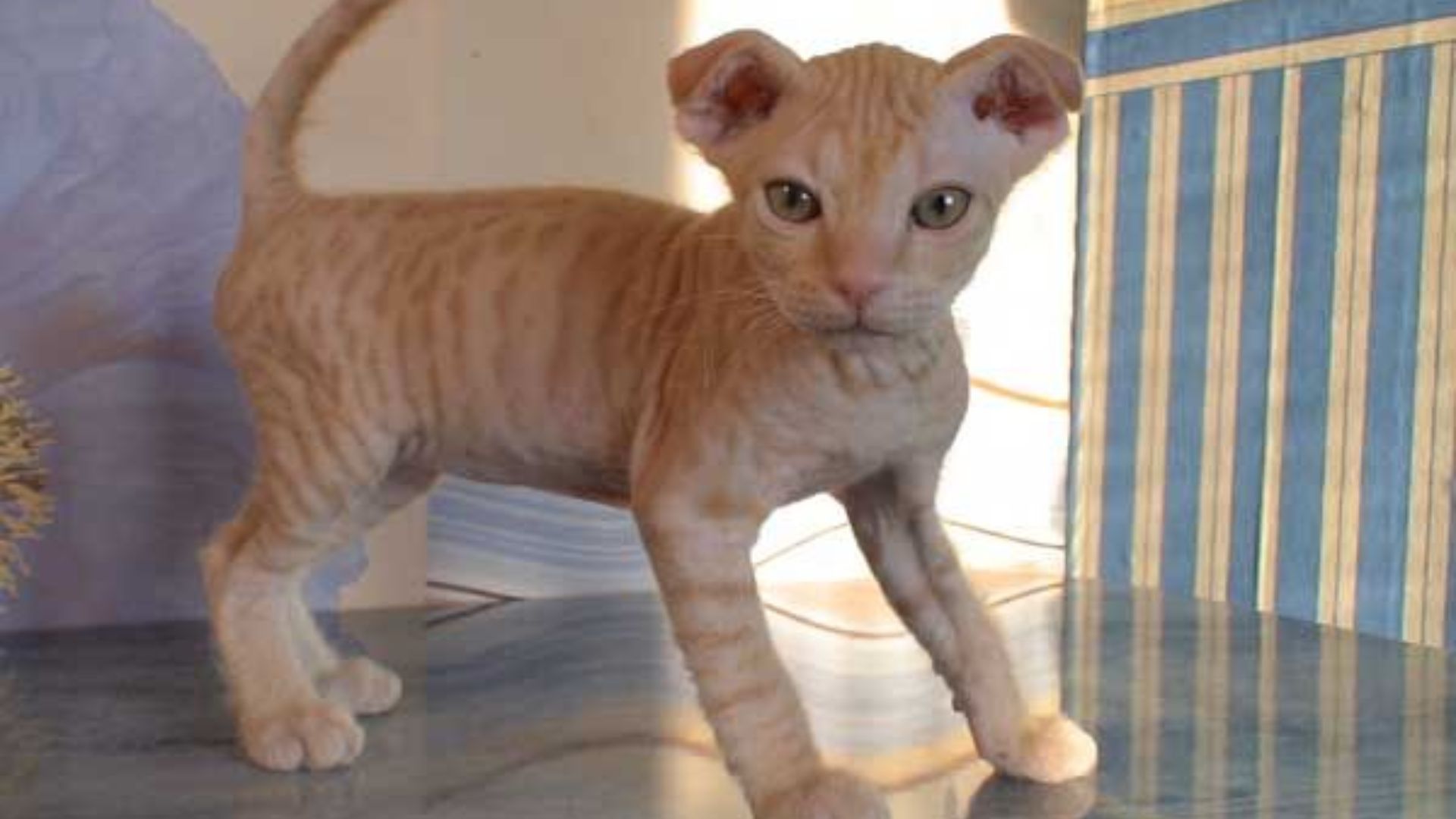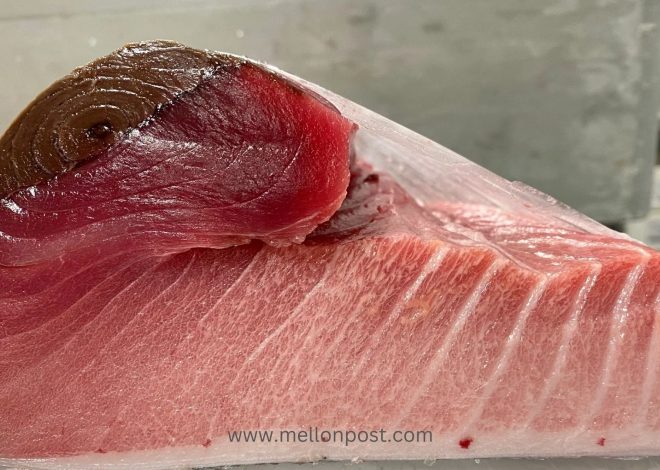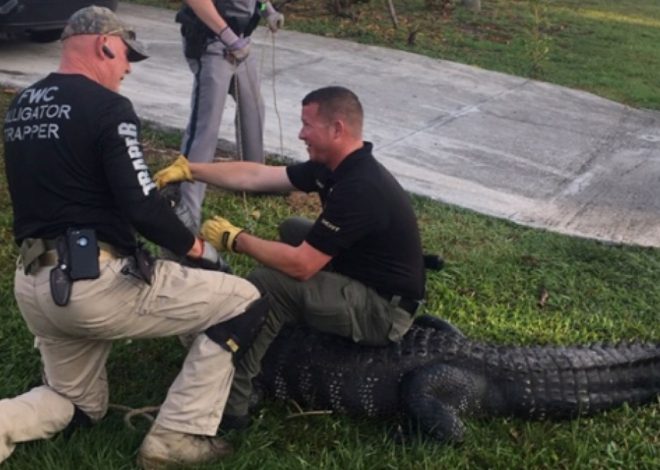
Ukrainian Levkoy Cat
The Ukrainian Levkoy cat is a unique cat breed originating from Ukraine, known for its distinct appearance characterized by inward-folding ears and little to no hair. Developed through a breeding program initiated in 2000 by Elena Biriukova, the breed combines hairless Donskoy females with Scottish Fold males to create a cat with a unique and striking look.
The Ukrainian Levkoy is recognized for its sociable, playful, and intelligent nature, enjoying human interaction and getting along well with other pets. This breed requires special skin care due to its hairless nature, needing protection against direct sun exposure.
Ukrainian Levkoys are described as friendly, vocal, and playful cats, making them a unique and engaging companion for those willing to provide the necessary care and attention.
Common health issues in ukrainian levkoy cats
Some common health issues in Ukrainian Levkoy cats, as indicated in the provided sources, include:
1. Dental Issues: Donskoys, one of the parent breeds of Ukrainian Levkoys, are prone to dental problems, which can also affect the Levkoy breed.
2. Cardiomyopathy: Scottish Folds, another parent breed, are known to develop cardiomyopathy, a heart condition that may also be a concern for Ukrainian Levkoys.
3. Kidney Issues: Scottish Folds are susceptible to kidney problems, which could potentially impact Ukrainian Levkoy cats.
4. Skin Sensitivity: Ukrainian Levkoy cats, being hairless or nearly hairless, are prone to skin issues like sunburn and require special care to protect their delicate skin.
5. Anxiety and Depression: Ukrainian Levkoys are highly sociable and can become anxious or depressed if left alone for extended periods, emphasizing the need for companionship and social interaction.
These health concerns highlight the importance of regular veterinary check-ups, proper dental care, monitoring for heart and kidney issues, skin protection, and providing a stimulating and social environment to ensure the well-being of Ukrainian Levkoy cats.
Signs of dysplasia in ukrainian levkoy cats
ome potential signs of dysplasia in Ukrainian Levkoy cats include:
1. Difficulty Jumping or Climbing: Dysplasia can cause joint pain and stiffness, making it difficult for Levkoys to jump up on furniture or climb as they normally would.
2. Limping or Lameness: Levkoys with dysplasia may exhibit limping or lameness, especially after periods of activity or exercise.
3. Decreased Activity Levels: Due to joint pain and discomfort, Levkoys with dysplasia may become less active and playful compared to healthy cats.
4. Reluctance to Exercise: Levkoys may avoid or refuse to participate in play and exercise due to the discomfort caused by dysplasia.
5. Stiffness or Difficulty Standing Up: Dysplasia can lead to joint stiffness, making it harder for Levkoys to stand up from a resting position.
Ukrainian Levkoy is a relatively new breed, there is limited long-term health data available. However, since the Levkoy is a cross between the Donskoy and Scottish Fold breeds, it may be prone to some of the same health conditions, including dysplasia. Owners should be vigilant for these signs and consult a veterinarian if any concerns arise.
Temperament of Ukrainian levkoy cats
The temperament of Ukrainian Levkoy cats can be summarized as follows:
1. Friendly and Affectionate: Ukrainian Levkoys are described as friendly, affectionate, and loyal towards their human companions.
2. Playful and Intelligent: Levkoys are highly intelligent and enjoy playing, exploring, and engaging in various activities. They can sometimes create “havoc” by climbing and pulling things down.
3. Curious and Inquisitive: Levkoys are very curious cats, with an “uncanny ability to open cupboards and drawers.” They are eager to investigate their surroundings.
4. Social and Adaptable: Levkoys thrive on human companionship and can also get along well with other pets, including dogs and smaller animals. They do not enjoy being left alone for long periods.
5. Kid-Friendly: Ukrainian Levkoys are described as being good with children and making great family pets.
In summary, the Ukrainian Levkoy is characterized as a friendly, playful, intelligent, and social cat breed that forms strong bonds with its human family and enjoys interactive play and exploration. Their curious and adaptable nature makes them suitable companions for families.
Common grooming needs for ukrainian levkoy cats
The common grooming needs for Ukrainian Levkoy cats include:
1. Regular Bathing: Ukrainian Levkoys, being a hairless or nearly hairless breed, require bathing at least once a month to regulate the natural oils on their skin.
2. Skin Care and Protection: Due to their lack of fur, Levkoys have delicate skin that requires special care and protection, especially from direct sunlight and extreme temperatures. Owners may need to use pet-safe sunscreens and provide warm clothing or bedding to keep their Levkoy comfortable.
3. Nail Trimming: Regular nail trimming is necessary for Ukrainian Levkoys to prevent overgrowth and potential issues.
4. Dental Hygiene: As Levkoys are prone to dental problems, owners should focus on maintaining good dental health through regular brushing and veterinary cleanings.
5. Ear Cleaning: The large, folded ears of Ukrainian Levkoys require periodic cleaning to prevent wax buildup and potential infections.
Hairless or nearly hairless nature of Ukrainian Levkoys requires more frequent and specialized grooming compared to cats with normal fur coats. Proper skin care, bathing, and other grooming routines are essential to keep these unique cats healthy and comfortable.
Average lifespan of the Ukrainian levkoy cats
The average lifespan of Ukrainian Levkoy cats is approximately 15 to 20 years. This breed is known for its longevity, with proper care and attention contributing to their potential for a long and healthy life.
Ways to keep ukrainian levkoy cats warm in cold weather
Here are some key ways to keep Ukrainian Levkoy cats warm in cold weather:
1. Provide Insulated Clothing:
- Dress Ukrainian Levkoys in cat-friendly jackets, sweaters, and even boots to help insulate their body and protect their delicate, hairless skin from the cold.
- Look for water-resistant and well-insulated options that allow for freedom of movement.
2. Create a Cozy Travel Space:
- When taking Ukrainian Levkoys on winter adventures, provide a warm, insulated space in the car or a backpack, such as with soft blankets or a plush pet bed.
- This helps maintain their body temperature during transport and short outdoor excursions.
3. Limit Outdoor Exposure:
- Due to their sensitivity to temperature extremes, it’s best to limit the time Ukrainian Levkoys spend outdoors in cold weather.
- Monitor for signs of discomfort, such as shivering, and bring them inside if they seem cold.
4. Maintain a Warm Indoor Environment:
- Ensure the home environment is kept warm and comfortable for the Ukrainian Levkoy, as they cannot regulate their body temperature as effectively as cats with fur coats.
- Provide heated beds, blankets, or other sources of warmth to help them stay cozy indoors.
5. Use Pet-Safe Heating Accessories:
- Consider using pet-safe heating pads or self-warming beds to provide additional warmth for the Ukrainian Levkoy, especially when they are resting.
By taking these precautions and providing the necessary insulation and warmth, Ukrainian Levkoy owners can help ensure their unique, hairless cats stay comfortable and safe in cold weather conditions.
Signs that a ukrainian levkoy cat is too cold
Ssome key signs that a Ukrainian Levkoy cat is too cold include:
1. Shivering or trembling
2. Reluctance to move or play
3. Seeking out warm, insulated spaces or cuddling up for warmth
4. Lethargy or decreased activity levels
5. Hunching up or curling into a ball to conserve body heat
Ukrainian Levkoys, being a hairless or nearly hairless breed, are particularly sensitive to cold temperatures and require extra care and protection in cold weather.
Owners should monitor their Levkoy for these signs of discomfort and take immediate action to warm up the cat, such as providing insulated clothing, heated bedding, or bringing them indoors to a warm environment. Paying close attention to the cat’s behavior and comfort level is crucial to ensure the Ukrainian Levkoy’s well-being in cold conditions.
Continue reading: Calico cat


